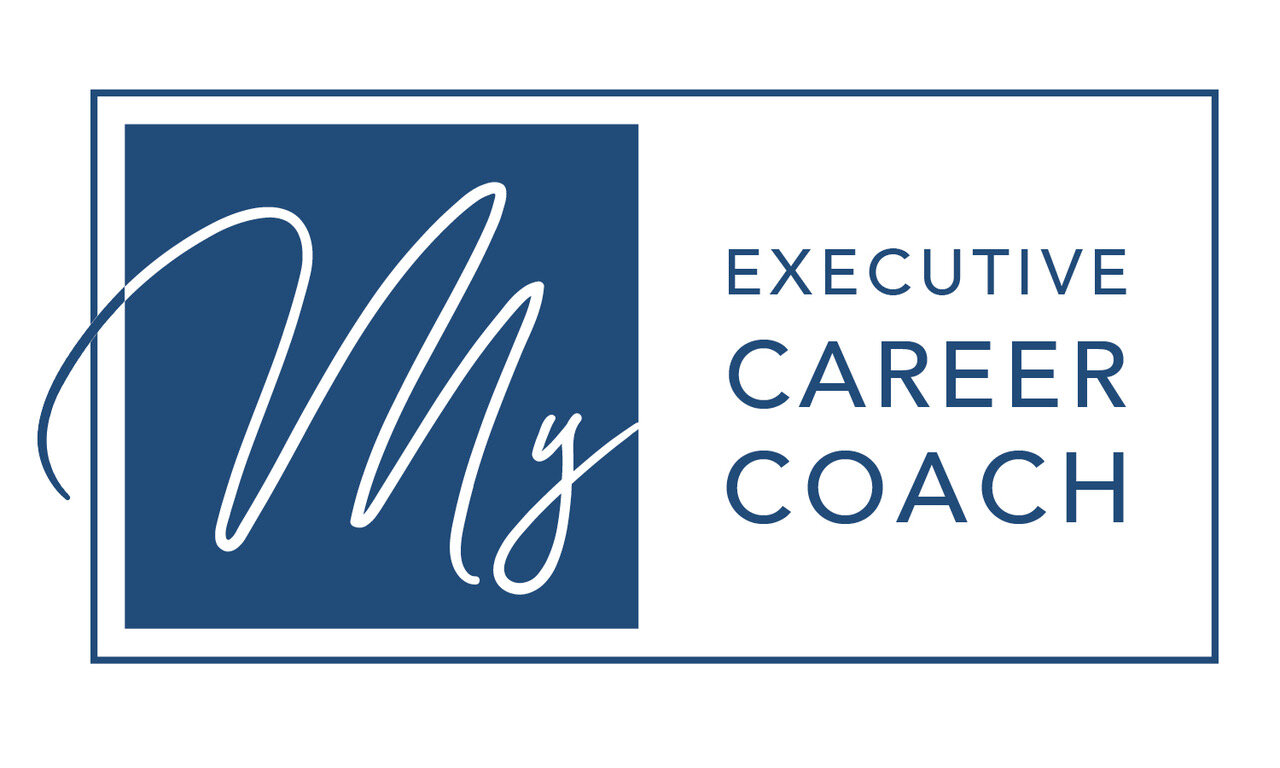By Linda Van Valkenburgh, MS, CCMC, CJSS, CSMCS, CELDC
After all of the networking, emailing, and inquiring about jobs, you’ve finally landed an interview. Congratulations – your hard work has paid off! This is a great step to the next chapter in your career.
This is big news, but don’t let it lead to any anxiety or insecurity. It’s perfectly normal to be nervous before a job interview! These following tips will help boost your confidence and approach your interview assured that you are making the most of your opportunities.
1. Do your homework
Think of your interview like a first date. It is important to know about the company before you step in the door. Inevitably you will be asked about your perception on the company’s present and future positioning, knowing the company will enable you to answer with confidence and engage the interviewer in something that will interest you both.
Finding information is simple: Check out their website, monitor and subscribe to their social media platforms (Facebook, Twitter and LinkedIn), take a look at industry publications and trade journals. For extra credit, purchase a subscription so you can read back issues and speak comprehensively about the marketplace. Blogs are an increasingly viable resource about your industry, too – they’re a powerful and legitimate commentary that your future employer is likely paying close attention to. By reading all of the latest news about the industry and company you’re pursuing, you’ll be better prepared and will feel confident going into your conversation.
Go one step further. Research the interviewer and the other members of the panel. Can you identify with them? Do you have anything in common? Integrate these similarities and develop a rapport with them. Gaining their trust and confidence will pay dividends in the coming interview rounds.
2. Know your strengths
Building your story can often be the hardest part of an interview. It requires a great deal of self-reflection and a compilation of your skills, strengths and success stories to help build a compelling, positive narrative.
What are your top 8 skills and strengths? Are you great at analyzing, negotiating, leading, coordinating, creating or communicating? The key is to be inventive! Saying you are a “team builder” is expected. What are the skill sets that the company will pay you for? Your ability to sell, analyze, initiate action, organize, etc. are among highly prized skills!
Start by making a list of the work accomplishments you’re most proud of. It’s a great way to build self-confidence prior to an interview! Which projects still make you excited? Which do you share most often? Which do you find still bring you energy and the drive to do more in your career?
Communicating your passion as you talk about yourself, your accomplishments, and your goals will help you project your confidence. And making a list of your ‘greatest hits’ before you step into the interview is a great way to make sure they’re top of mind when you walk through the door. Practice your storytelling- is it clear, concise and will it maintain the attention of the interviewer?
Preparation of your stories and accomplishments is of paramount importance. Write out your stories well before you need them. Drafting (and redrafting) your stories will give you the invaluable opportunity to make them pithy, direct, and create accurate, results-focused stories which, if executed properly, will illustrate to the interviewer how it ties in to the needs of the company.
3. Create your Value Proposition
Develop a clear and concise statement for the interviewer that says who you are (a key characteristic) and what skills you bring to your prospective role at the company. You must provide proof! Have you any awards or certifications? Lastly, always remember that your statements are results-focused. What happens when you combine the previous three elements when working for their company?
4. Prepare interesting and informed questions that you wish to ask the interviewer.
This is your time to shine. Have some prepared questions in your mind gathered from your initial impressions of the company before the interview. These will inevitably alter as you go through the interview process. Make notes as you go and be brave. Asking a great question is a sign of confidence, professional self-assuredness, and your ability to listen and respond to the challenges the company faces.
5. Look and feel your best
The power of routine is often underestimated. When you’re getting ready for an interview, unexpected hurdles in your day can throw you for a loop and shake your confidence.
Whatever your daily routine is, stick to it as closely as possible on interview day. If you love to go for a morning run, don’t skip it – build in the time you need for that run and treat it like you would any other day. Sticking to a plan you’re familiar with will help your mind stay calm and in control until it’s time for the big event.
In addition, think carefully about your attire for your interview. Beyond whether it’s appropriate for the job you’re pursuing, make sure it’s something you’ll feel comfortable and confident in. For you, that may mean a tried-and-true suit that you know looks fantastic, or it might mean a personal touch (a bold color or scarf) to an outfit that makes it uniquely yours. Whatever you feel most confident in, own your look and walk into the room with that great smile on your face.
Final Thought
With a cool head and a lot of preparation, you can make sure you’re walking into your next interview with calm conviction!
Best of luck!
Let’s get to work!
– Linda
For more advice on developing your interview preparation techniques, please feel free to contact Linda at [email protected] with the headline “Building Confidence”.

